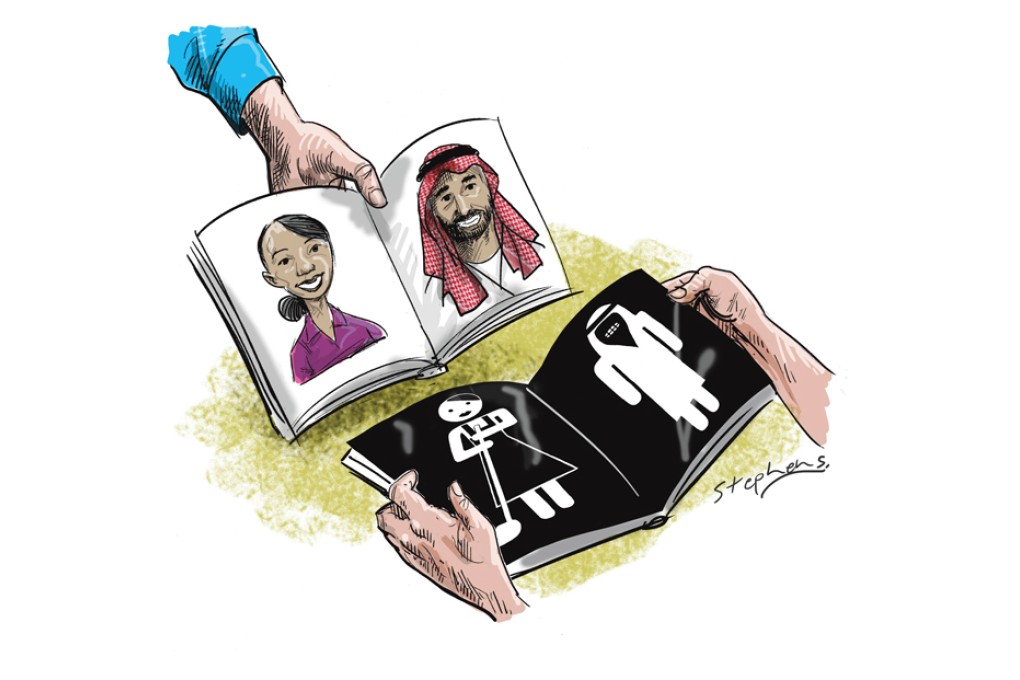No place in liberal studies for ethnic stereotypes and overgeneralisations
Liz Jackson says Hong Kong's approach to liberal studies is falling short of its aim to embrace and understand the full range of perspectives in society, including those of minority groups

The need for multiculturalism, which can be defined as fair approaches to managing diversity and cultural understanding, has become urgent in Hong Kong. Many feel that schools should do a better job of educating students in light of challenges some face due to barriers of language, race/ethnicity, and class.
On the other hand, what students are learning in schools, about "racial harmony" and other forms of social diversity, is also being scrutinised. Recent news stories have exposed how primary school textbooks reinforce cultural stereotypes that Filipinos in Hong Kong are all domestic helpers.
Racial and ethnic stereotypes also predominate in liberal studies textbooks. Describing ethnic minorities mostly as "grass roots" and underprivileged in Hong Kong, such depictions do a poor job of meeting the subject's multicultural aims: of enhancing understanding of society, respect for diversity, and ability to handle conflicting values and develop positive attitudes to be informed, responsible citizens.
Of course, there are "grass roots" ethnic minorities in Hong Kong. There are Filipinos who are domestic helpers here. But does it enhance student understanding for textbooks to send these messages, as they do, in broad sweeping statements?
Textbooks for subjects like liberal studies tend to echo what students and society already know about social issues and diversity, which mostly comes from the media. In the textbooks, as in the news, Muslims fare very badly. They are featured almost exclusively as bad guys: cartoonish terrorists, fundamentalists and sexists, ill-equipped to live in the modern liberal world.
News media is more justified in providing this perspective. News has the responsibility to share "bad" stories. We expect to be informed when terrorism happens. The news rarely featured stories about the 99 per cent of Muslims who are ordinary rather than extraordinary, going about their daily, mundane lives.
Schools have a different role. Teachers must share with their students their observations of both the ordinary and extraordinary of our world. For education to only focus on the newsworthy 1 per cent does an injustice to the 99 per cent, making the 99 per cent seem invisible, unworthy of consideration and unimportant. In the case of Filipinos in Hong Kong, schools have a responsibility to enhance understanding, not just echo news and television. In science, this would be like teaching only the physics and biology relevant to the latest Star Wars film rather than explaining scientific principles completely, as observed in reality.
